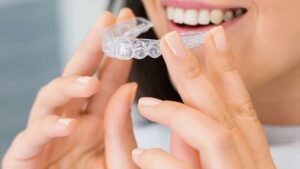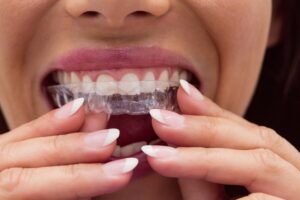Wisdom teeth extraction is a usual procedure in an individual’s lifetime and a regular practice in oral surgery people will undergo at some point. These wisdom teeth, which sprout normally between the ages of 17 and 25, may become a problem when they don’t have enough space for eruption or are misaligned. One of the important aspects would be following a strict diet after the surgery. You must be thinking, when can I eat after wisdom teeth removal? Well! Taking soft and liquid foods does not exert pressure on the wisdom tooth extraction sites and helps in better healing process. Other foods may cause inflammation or become lodged in the site, causing infection.
In this article, we will discuss what you should eat and when after wisdom tooth extraction to ensure a smooth and fast recovery process.
Eating Habits to Avoid After Wisdom Teeth Extraction
Don’t Use Straws: When drunk through a straw, it causes the mouth to suck. This suction can knock off the blood clots that develop in the extraction sites, which can lead to the painful condition referred to as dry socket. Drinking straight from the cup or taking it with a spoon would be a better option.
Chewing on the Surgical Sites: Disturbing the wounded areas in which the wisdom teeth are extracted causes irritation leading to dislodging of the blood clots. Chew or take your food from another side of your mouth or take very soft foods that cannot be chewed.
Avoid Hot Foods and Beverages: The burning of hot foods and hot drinks can be painful and inappropriate for the surgical area. Heat also delays the rate of healing, contributing to swelling. Choose normal or cool foods and beverages until the initial healing process is complete.
Avoid Acidic or Spicy Foods: Spicy and acidic foods also slow down the healing process since the area that has been operated on is sensitive, and therefore people should avoid acid-containing food that can trigger more pain. It can also cause inflammation and affect healing. Eat low-profile foods that are low in fiber and texture, such as mashed potatoes, yogurts, instant oatmeal, or slightly boiled eggs.
Don’t Utilize Crunchy or Hard Foods: Clenching foods like chips, nuts, or crunchy vegetables might cause the surgical sites to be injured or food pieces to get into the wounds, hence increasing the pain, the possibility of acquiring an infection, or slow healing. Try to stick to soft, smooth foods that are easier to swallow without chewing.
Frequent Snacking: Consuming meals in small frequencies could also cause food particles to be deposited in the surgery zones, causing infections. It’s also challenging to brush the teeth when one takes many snacks between meals. Eat larger, more substantial meals less frequently, and always rinse your mouth with salt water after each meal.
Avoid Alcohol and Caffeinated Products: Alcohol also has the side effect of decreasing the efficiency of prescribed painkiller medicines and also the bleeding effect. Caffeine can cause dehydration, which is unproductive, especially when you are trying to recover. No caffeine, no alcohol, no smoking—this means you should only drink water and other non-aggressive liquids until you completely recover.
When Can I Eat After Wisdom Teeth Removal
Most people can get back to their normal eating habits within a week. For the first 24 to 48 hours, the patient should only consume lots of fluids and mushy foods, preferably yogurt, applesauce, ice cream, or other cold foods.
When you think you feel better and are ready, you can make a gradual move towards taking solid foods. On the third day of wisdom teeth removal, start foods such as eggs, toast, or oatmeal.
In a progressive manner, increase the quantity of solid foods if the act of chewing does not result in pain. If you feel any discomfort in the mouth when chewing, then again go back to soft and semi soft diets.

Some Useful Tips for Speedy Recovery
Maintain Oral Hygiene: Maintaining good oral hygiene is necessary to avoid the risk of severe dental complications, but brushing harshly is not a good idea after wisdom tooth extraction. Simply avoid vigorous rinsing, brushing, and splitting for the first 24 hours after the extraction.
Use Pain Relief Medications: Follow your dentist’s instructions to manage swelling and take the recommended medication for pain relief if you need it; it can be helpful. Aspirin, acetaminophen, and ibuprofen are the most effective and suitable over-the-counter medications for temporary toothache relief after wisdom teeth removal. If the tooth pain continues, better consult a dentist for a permanent solution.
Cold Food Intakes: Eating hard or crispy, sticky foods and other chewy substances can lead to displaced blood clots. For faster healing, you should avoid hot foods and consume cold food or liquids like ice cream, yogurt, chilled soups, smoothies, chilled applesauce, and cold drinks.
Warm Water Rinse: Gently rinsing your mouth with warm salt water after tooth extraction can be very helpful. It is a natural pain and swelling-reducing agent that kills harmful bacteria, helps you to minimize tooth pain, and gives better relief.
Apply Ice Packs: Applying a cold compress to the outer side of the cheek on the affected side also helps relieve tooth extraction pain, inflammation, and swelling. It will numb the specific area and give temporary relief, and you will feel better.
Avoid Physical Activity: Avoiding vigorous physical strains is suggested during the healing process after wisdom tooth extraction. For faster recovery, you should take proper rest for about 24 hours.
Rest and Sleeping Technique: Sleeping after wisdom tooth extraction can be difficult, but it’s an important part of the healing process. Sleeping with your head elevated supports healing and minimizes swelling. Use an extra pillow to elevate your head and shoulders, create a calm environment by softening the light, and minimize noise for deeper and more restorative rest.
Stay Hydrated: Water is essential to cleanse the mouth, reducing the risk of severe infections around the wounded site. Don’t get your mouth dried out; stay well-hydrated by sipping water from a cup gently. Don’t use straws or other hard suction things that lead to dislodging the blood clot at the extraction site.
Want a Smooth Recovery After Tooth Extraction? Contact Us Now!
If you have any concerns about wisdom tooth extraction, don’t hesitate to reach out to Celebrate Dental, your trusted dental care expert, helping you get rid of all your oral health issues. We offer a range of dental services, including wisdom teeth removal and oral surgery. If you are suffering from any dental illness, we are always here to hear you.
Schedule an appointment today!







